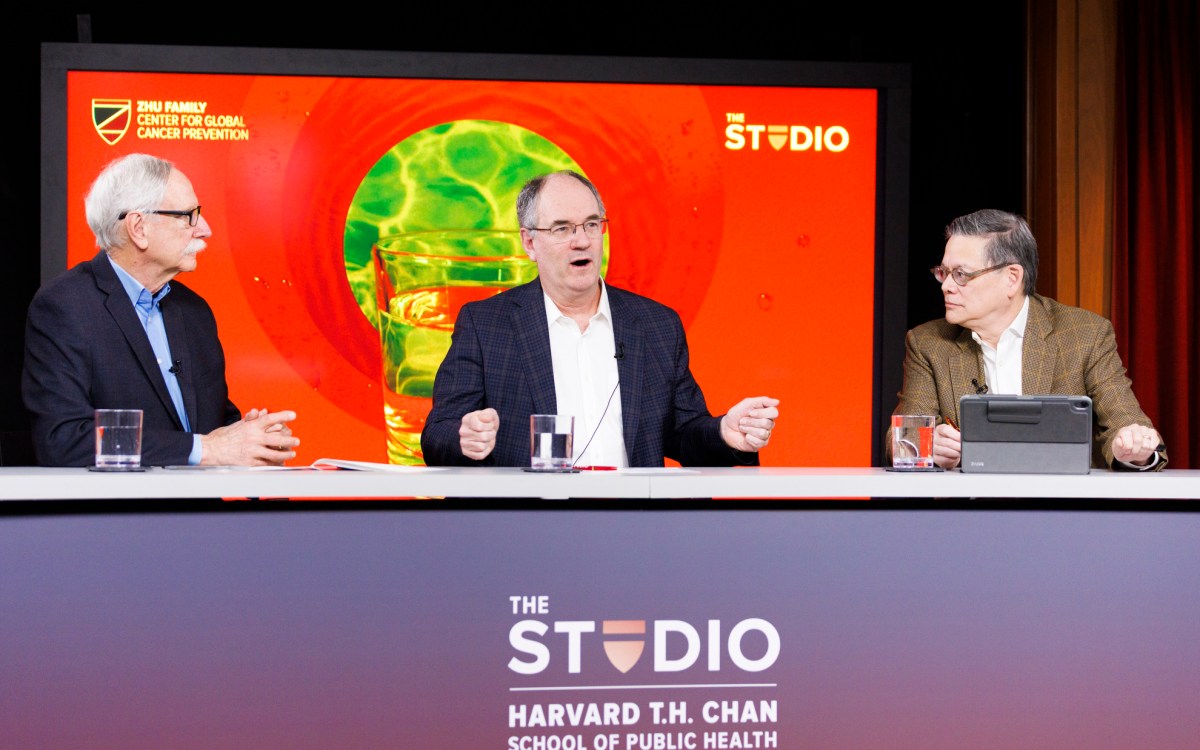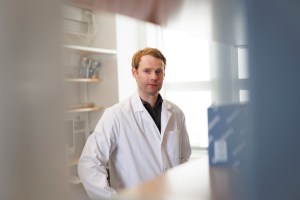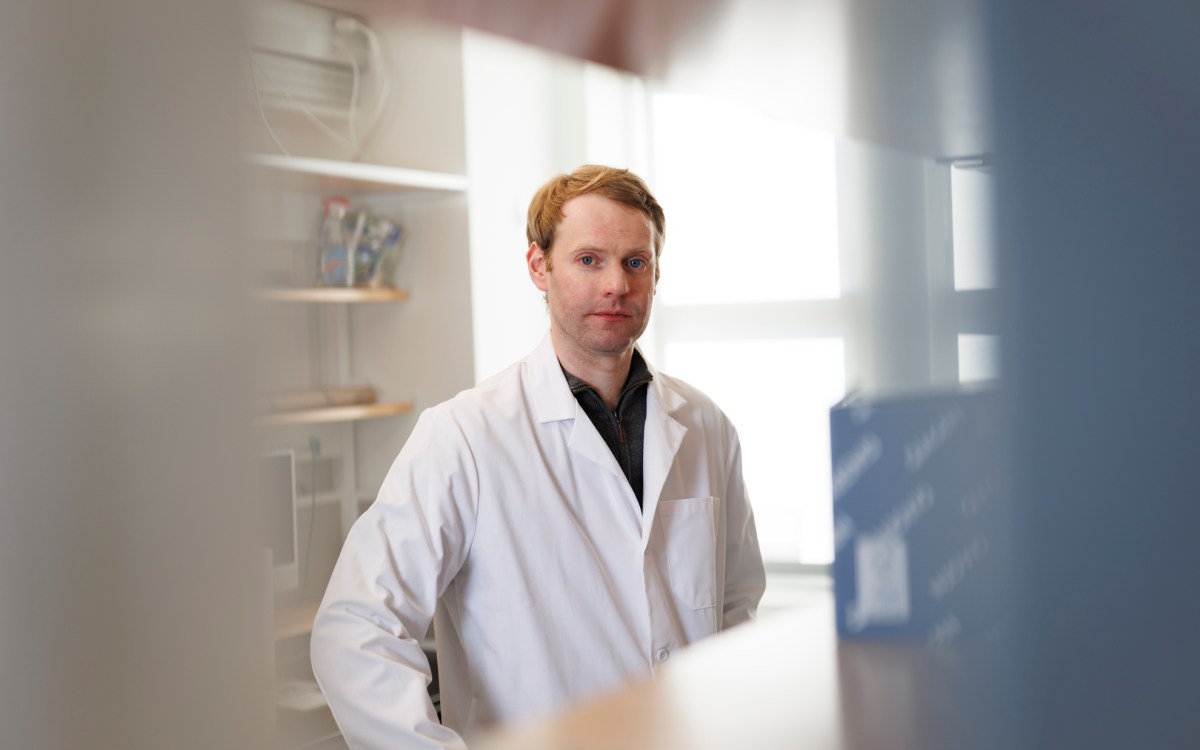Rappaport fellows get hands-on government experience in Greater Boston
As a group of Boston-area graduate students discovered this summer, there is truth in the adage that if you want to change the world, you can start in your own backyard.
Jennifer Vorse and Michael Zakaras (both M.P.P. ’11) were among 13 students from Harvard graduate schools, Boston University, Tufts, and MIT who worked for state and local officials as Rappaport Public Policy Fellows this summer. Now in its tenth year, the fellows program has given over 100 graduate students the opportunity to help public officials in the region address a variety of key issues. Fellows are selected and paid by Harvard Kennedy School’s Rappaport Institute for Greater Boston, but work full time for state or local officials.
Vorse and Zakaras were among five Rappaport fellows working in Boston mayor Thomas Menino’s office this summer. Four of those fellows worked primarily on the city’s Circle of Promise initiative — an ambitious, new cross-departmental effort to support educational achievement, family self-sufficiency, and community stability for students and families in some of Boston’s most disadvantaged neighborhoods.
Vorse found the initiative’s holistic approach to community development to be especially appealing and important. “While public policy issues are sometimes segmented into separate issues and departments, I believe that many of the most compelling policy challenges we face lie at the intersection of several issues,” Vorse says.
But a multi-disciplinary, cross-department effort isn’t simple. “The sheer scale and ambition of the project was a challenge,” says Zakaras. “Taking initiative and not waiting for direction was one of our most important decisions.” Zakaras was pleased that at the end of the summer the Rappaport fellows were able to give city officials materials describing a potential comprehensive strategy for the Circle of Promise, as well as a series of specific next steps and deliverables for the coming year.
David Luberoff, executive director of the Rappaport Institute, notes that what was unique about the experience of Zakaras and Vorse was that their work was “an interesting window into the moment when you translate a big idea into component pieces.”
Overall, the summer was a tremendous learning experience, according to Zakaras. “The fellowship gave me something that my studies could not: a close-up look at how policy is shaped at the city level,” he says. “It gave me a feel for what it’s like to work in government – both the good and bad – which is especially helpful as I consider where I want to find myself after I graduate.”
The Rappaport Institute is accepting applications for the 2011 Rappaport Public Policy Fellowships from any graduate student in greater Boston who will be returning to school in fall 2011. A University-wide entity housed at the Kennedy School, the institute strives to improve the governance of the region by strengthening connections between scholars, students, officials, and civic leaders. It was founded and funded by the Phyllis and Jerome Lyle Rappaport Charitable Foundation, which promotes emerging leaders in Greater Boston.





